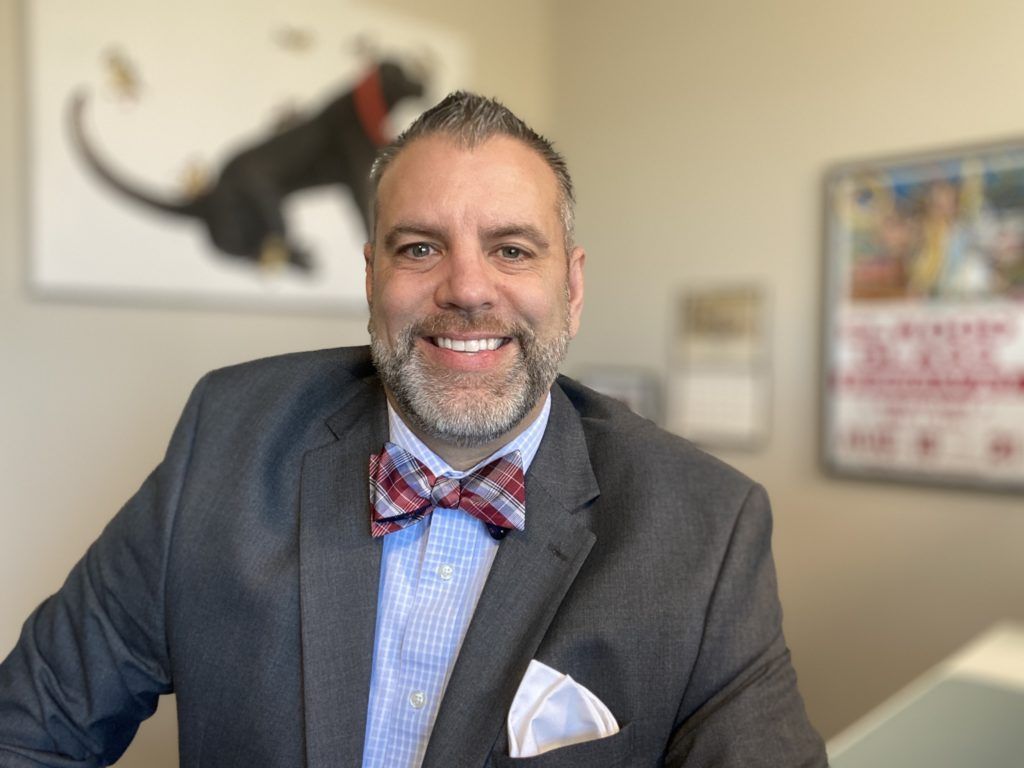Share Your Story (SYS)
Volunteer!
What inspires you? Sharing your experiences to help educate or encourage others? Advocating with or for those with whom you share a common goal? The HCMA has many volunteer opportunities to keep you inspired, fulfilled, and active within the HCM community. To learn more about HCMA volunteer opportunities and get involved, contact julie@4hcm.org or click HERE.
Share Your Story (SYS)
HCMA Theme of the Month Stories
The HCMA themes for April 2024 are “Genetics/Family History” and “Genetic Therapies,” featuring the story of Collin Dolder.

Collin and his wife conceived their son using In vitro fertilization (IVF) and preimplantation genetic diagnosis (PGD). He was born healthy and with no gene mutation.
Collin has been connected with the HCMA for over 20 years. Starting as a child himself, through having a child of his own.
To read more about Collin’s HCM journey, click HERE.
If you are a patient (or the parent/guardian of a patient) and are interested in sharing your story about your HCM journey, we need patient stories now more than ever to help educate and spread awareness about HCM. To sign up to Share Your Story, click HERE. Under “Projects,” choose “Share My Story Volunteer Group.”
HCMA Ambassador Program
HCMA Featured Ambassador for April 2024 – Joey Ulery Graham

A little about Joey… ”Joey is an HCM advocate and founding member of the steering committee for the HCMA Ambassador Program. He is a frequent guest on HCMA’s “Tales from the Heart” podcast…” Click HERE to learn more about Joey and follow him and our other HCMA Ambassador volunteers on social media.
#4hcm
#BigHeartBigLife
#hypertrophiccardiomyopathy
If you would like to share your HCM experience via social media as an HCMA Ambassador, click here to apply for future workshops.
Legislative Advocacy
Ohio Representative Sara P. Carruthers is the Bill Sponsor for HB 356 , the “Healthy Cardiac Monitoring Act” (HCM Act). The HCMA drafted the HCM Act with components designed to help find undiagnosed HCM patients and patients with other genetic cardiac diseases by adding family heart health history questions to the “Well-child” examinations. There will be a hearing some time in May 2024 at the State House in Columbus, OH, with patients and physicians testifying in support of this important legislation. If you are an Ohio constituent interested in attending or testifying during this hearing to show your support, contact Julie at julie@4hcm.org for more details.
Free Online Patient Discussion Groups
Our online discussion group meetings are recurring, but you must register for each meeting date. Our meeting dates, times, and topics are updated regularly, so check our event calendar regularly to join a meeting (or more than one) best suited for you!
HCMA’s April 2024 Featured Discussion Group Leader: Sydelle Zinn

Sydelle co-hosts a monthly “ICD” Discussion Group. Click on our event calendar for exact dates and times to register for Sydelle’s, or any of our other volunteer led online discussion group. Our free online discussion groups are open to all.
About Sydelle:
“My name is Sydelle. I was diagnosed with HCM at 53, after I became lightheaded on a trip to the zoo. My cardiologist made HCM real to me: no alcohol and no caffeine!…”
Click HERE to learn more about Sydelle and to view other online discussion group leader bios and themes.
The post Volunteer! appeared first on Hypertrophic Cardiomyopathy Association.


 Translate
Translate

